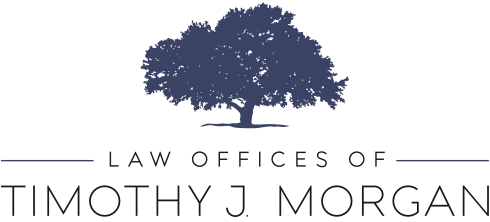Business Law
We get it. As a business owner, your time is limited and needs to be focused on your operation. You can’t spend your limited time dealing with a host of legal issues. By having an experienced legal team working with you, it is possible to prevent legal issues from becoming legal problems. Whether you are a fresh startup, or a closely held business that has been in your family for generations, we provide the experience and expertise to assist you in making the best possible decisions for long-term success – allowing you to get down to business.
For more than 40 years we have made it our business to represent and assist business owners of the Central Coast. With that experience comes knowledge – knowledge we want to share with business owners like you. Things like what type of business formation is best suited for your needs, do you need a trademark or a service mark, what to do when terminating a partnership or a corporation, and much more. If you have a specific question below please contact us and we can discuss how to keep your business moving forward.
What are some of the common challenges for small businesses or startups on the Central Coast?
The most common challenge for a small business, whether starting up or ongoing, is maintaining control of costs. Many small businesses consider legal work to be a luxury, but with appropriately-targeted legal advice and work, we can reduce mid and long-term costs associated with most businesses, and lower the risk to the business owner’s personal assets. A small business owner has plenty to worry about, and a little bit of legal help getting the company set up property will go a long way towards giving the owner peace of mind.
Should I form an LLC or an S-Corp? … or a C-Corp?
The type of incorporation best suited for a company will largely depend on potential liability, tax structure and preferred tax treatment. We help entrepreneurs with their business startups and their incorporation process. We advise our clients as to whether they should form a limited liability company (LLC), an S corporation, a partnership or other type of business entity. To help our clients make the best choice, we explore our clients’ unique business goals, often working in coordination with company accountants or CPAs.
Why should I consider a service mark over a trademark?
Service Marks and Trademarks are similar registrations with the U.S. Patent and Trademark Office which confer a right of exclusive use to the mark, usually a specific product or service name, distinctive logo, etc. Registrations are only given if the Trademark Office determines there is no substantial likelihood of confusion between products by a consumer. Service marks are used in connection with services, as opposed to physical products; a taxi company offering transportation service would have a service mark while a food company offering a brand of salsa would have a trademark. The nature of your product or service will determine which type of mark you should apply for.
How do I terminate my business partnership?
If your partnership has a written agreement, it likely has a termination clause that describes the process required to terminate the partnership. However, many business partnerships are ‘informal’ – they have no written partnership agreement. In that case, the partners owe each other a duty to deal fairly with each other in dividing the assets and liabilities of the partnership. A formal termination agreement is a good idea to protect the partners from each other and from potential creditors.
Does my small business need a full-time attorney?
In a word, No. We often represent small businesses, where having a full-time attorney on staff would be impossible or impractical. In those situations, our attorneys are available as a substitute for in-house counsel. Our lawyers also have experience working alongside staff attorneys or assisting in-house counsel of larger law firms with specific litigation or legal transactions. Even if you find yourself with a one-time issue you are sure will never arise again, we are equipped to help you.
Although we are experienced in business litigation and prepared to engage in litigation when necessary, we believe that a preventative approach to business law is best. If you contact us early enough, we will focus our efforts on avoiding the event where litigation is necessary. Sometimes that just is not possible, and we are comfortable litigating in those situations.
